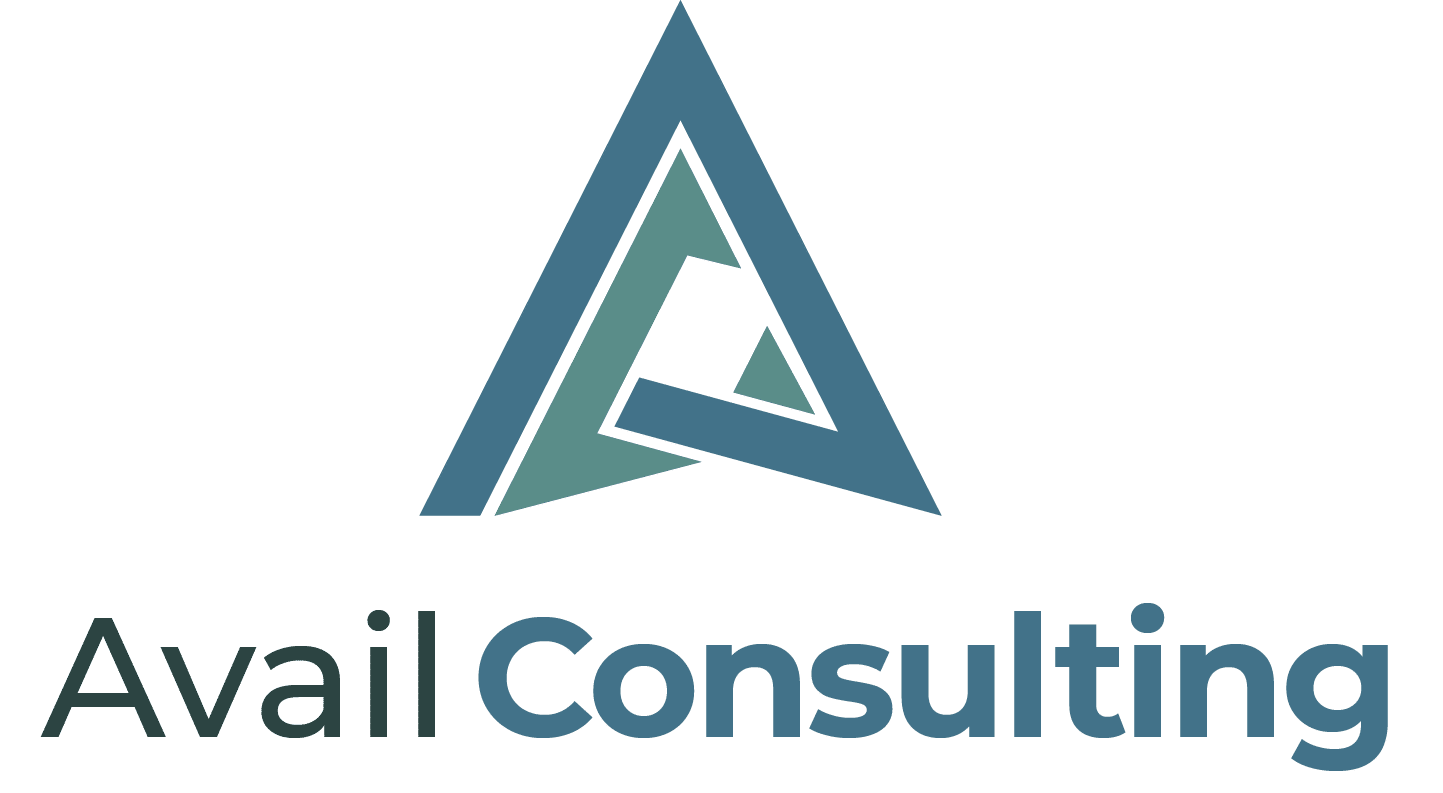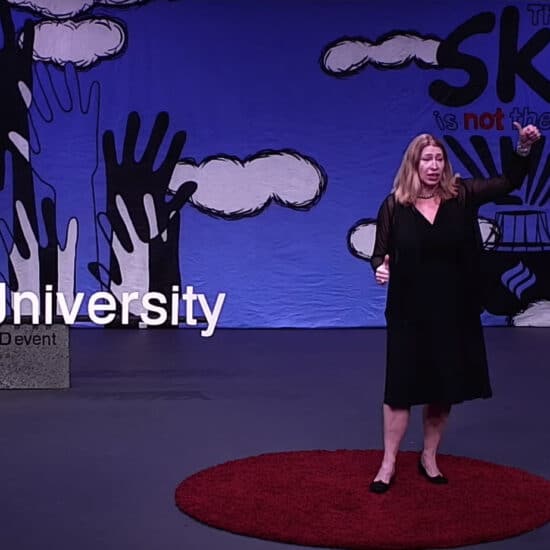What is your “why” for becoming a better leader? I was sitting in the leadership development class with a guy named Chris. When the course began, everybody was asked to share their objectives and goals for the course, such as: “What are you hoping to get out of the program?” When we went around the room to answer the question of: “Why are you here?”, Chris said: “I am here because the people that work for me don’t listen to a word I say, and they don’t do a thing I ask them to do. That’s why I’m here.”
I said: “First of all, you are in the right spot! But second of all, what can we do about that?” Over the course of the days of learning about what makes great leaders great, Chris had an enormous epiphany, because he realized that he was the problem. He discovered his problem was himself. He humbly said: “It’s me. I need to do a better job”. Chris did need to do a better job of properly setting expectations and showing his team what the “acceptable” to “awesome” standards were for quality work. He thought he was being clear. He thought he was saying what he needed. He could not understand why things were not getting done. He was discouraged because the people that worked for him who had been very motivated in the beginning now seemed to be distant and avoiding him. Part of the problem was the people that he was working with did not understand what he meant when he was giving directions. Chris was a Foreman in the construction business, and what he discovered was that he could not get promoted himself, until he trained a capable replacement. He was certainly motivated – how could he raise the bar for the people working with him?
Having alignment in expectations, standards, quality work, and values is what shared meaning and shared understanding is all about. Meeting people where they are and moving them forward from there is critical to our success as leaders. We need to all be on the same page to really truly know about and fully appreciate what we are doing and why it is important. We need to connect that to our values and use it in support of other people, because that is our purpose as leaders. When we say we are results-driven, what do we mean? Who is responsible for achieving results? How are we achieving results? Results do not just happen. People achieve results. Treat all people well and give them what they need to be successful, at the level where they need it. If you must train your own replacement so that you can move up, or if you also want to be an inspiring leader, be sure to cover exactly what the job entails, at the correct level of detail necessary to do the job well, so that people feel supported and equipped to execute as leaders themselves.
If you are experiencing frustration like Chris, try doing a better job of setting proper expectations, so that you and your team can achieve your team’s goals and objectives, doing the right things in the right way, thus getting the results you all desire.



